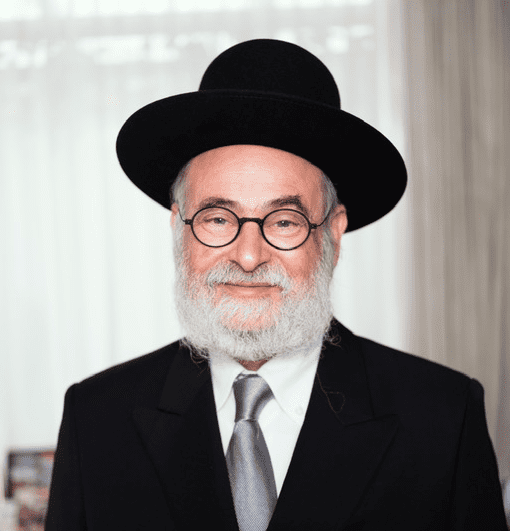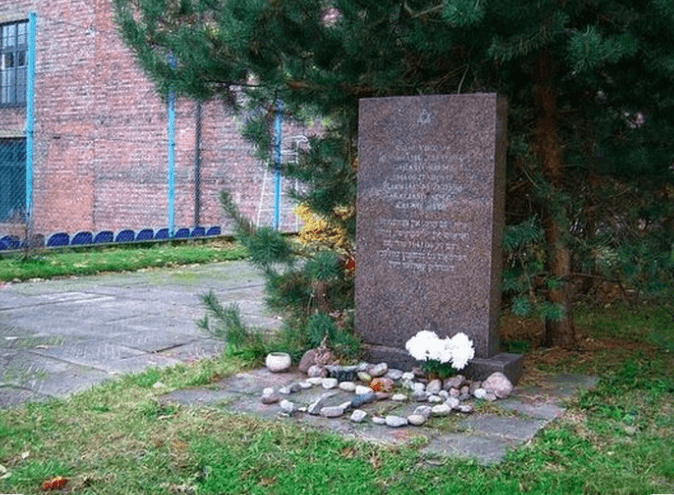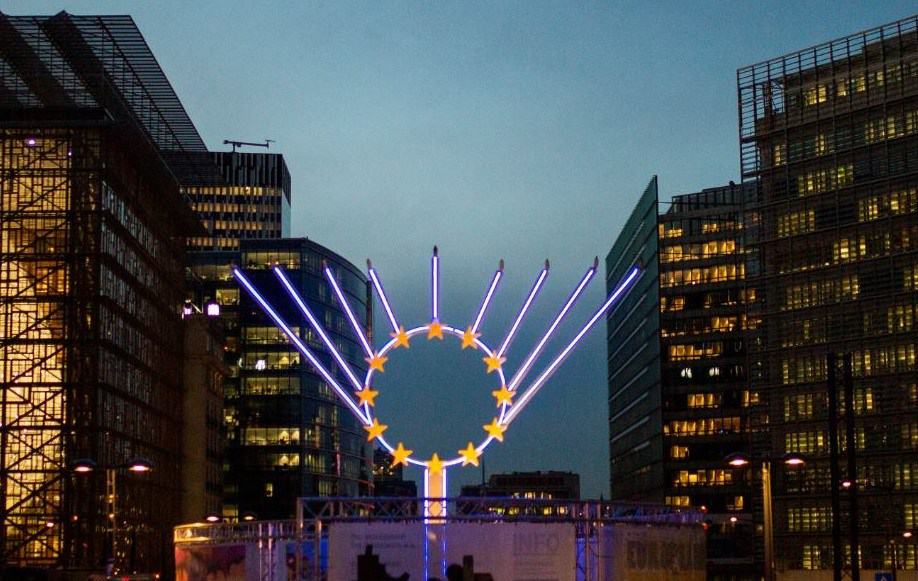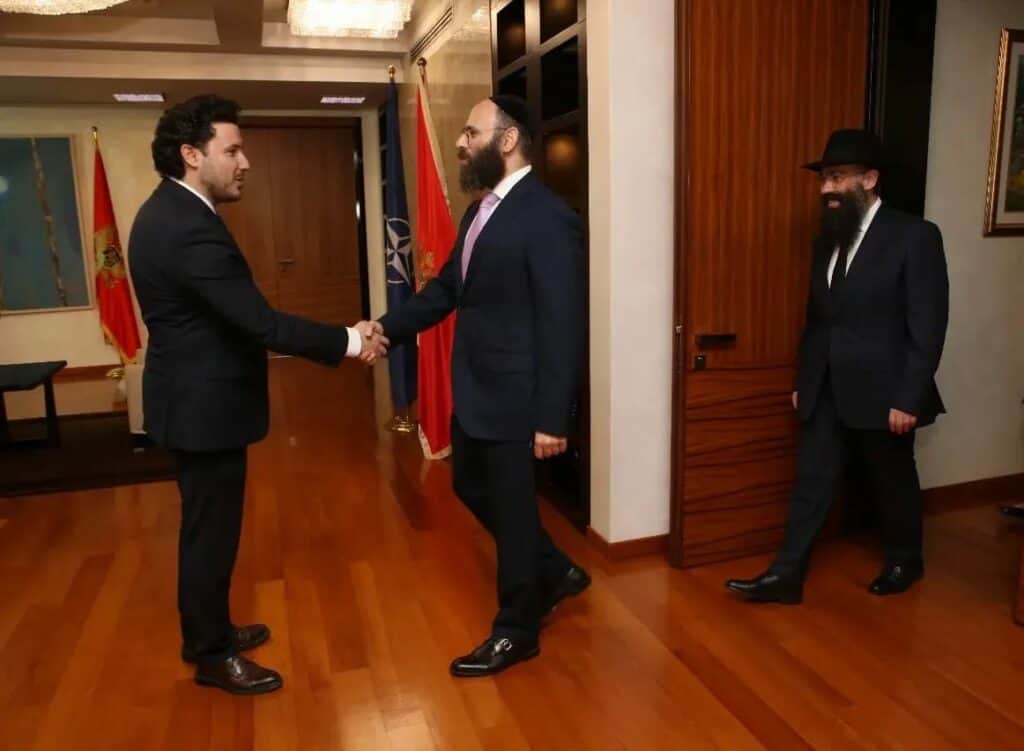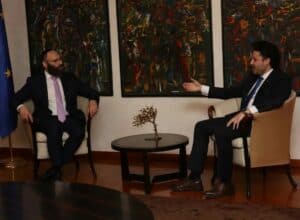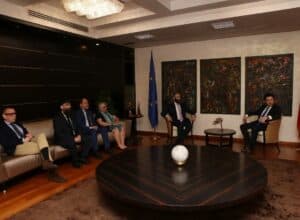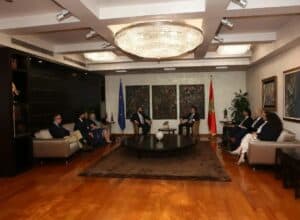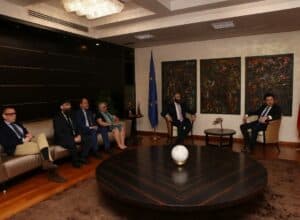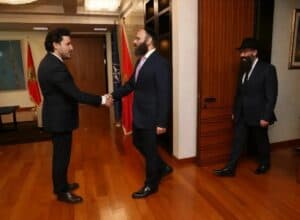Dear people,
The fact that we are all experiencing a difficult period needs no elucidation. We are all in the same distressing boat.
But the way in which we deal with this quarantine, with the loneliness, with just sitting and filling our time, is something in which we differ.
I mostly fill my time with my phone and behind my computer. Just to call to ask the common question: how are you?
Is such an expression of interest worthwhile?
I think so. I also have been called several times and have received various WhatsApp messages with the question: how are you? Believe me when I say that it really did me good that someone takes the time to also ask how I am doing. I am a human being, too, and nothing that is human is strange to me. The interest did me good. And thus I am convinced that when I call somebody, he or she will also get a nice feeling from my phone call.
But I want to share with you a phone call that I made with an old lady. I don’t know how she experienced my call, but I certainly know how I experienced it.
It concerned an elderly lady, who lives in a town on the Veluwe. This lady has not had an easy life, to express it euphemistically. A multiplicity of complex problems, kilometres away from all that is Jewish. A difficult childhood and a marriage that tragically fell apart. Very poor and consequently living in a small apartment. And now at home all day, with no one to talk to, because she has no family left at all. And then I call her up with the question how are you?
So I don’t know what the phone call meant to her, but to me it was very impressive and educational. How are you? was my somewhat automatic question. Her reply, however, was far from ordinary:
I am doing great. Just came back from the supermarket. It was wonderfully quiet and the few customers that were there radiated friendliness. And on the street it was so impressively quiet. I heard the birds sing. No roar of planes flying overhead, magnificent crocuses in full bloom, a serene feel of quietness and peace… how beautiful, actually.
I immediately had to think about this teacher that gave his students a test. All the students received a piece of paper in front of them with the blank side facing up. They were only allowed to flip over the sheet when the teacher gave them permission. When all the students were properly seated, the teacher told them that they all had to flip over the sheet and write down what they saw on the other side. But they didn’t see anything on that other side. The piece of paper was completely blank with only in the middle a small black dot. So all the students wrote down that they saw a black dot.
After handing in the pieces of paper they were told that they had answered the question incorrectly, because, as the teacher pointed out, the right answer would have been that they saw a blank sheet of paper. That tiny dot in the middle was completely negligible relative to the piece of paper.
The same applies to when we see what the other does wrong; too often, we simply don’t pay attention to the good that he does.
And what about the neighbour’s beautiful car? That is what we see, but we don’t know what takes place at his home.
But also when I look at myself. Am I suffering from my shortcomings and am I perhaps not paying attention to what I am able to do?
That is also the way it is in quarantine at the moment. Am I fixating exclusively on…
I think of that elderly lady, all alone, nobody around her, a less than enviable childhood. And when I ask her how she is doing under the current difficult circumstances, her reply is inspiring. The black dot on the blank sheet of paper did not attract her attention!
Please stay strong and healthy. May G’d bless you for years to come with prosperity and health.
And don’t forget to call someone and ask them How are you?
Binyomin Jacobs, Chief Rabbi of the Netherlands


